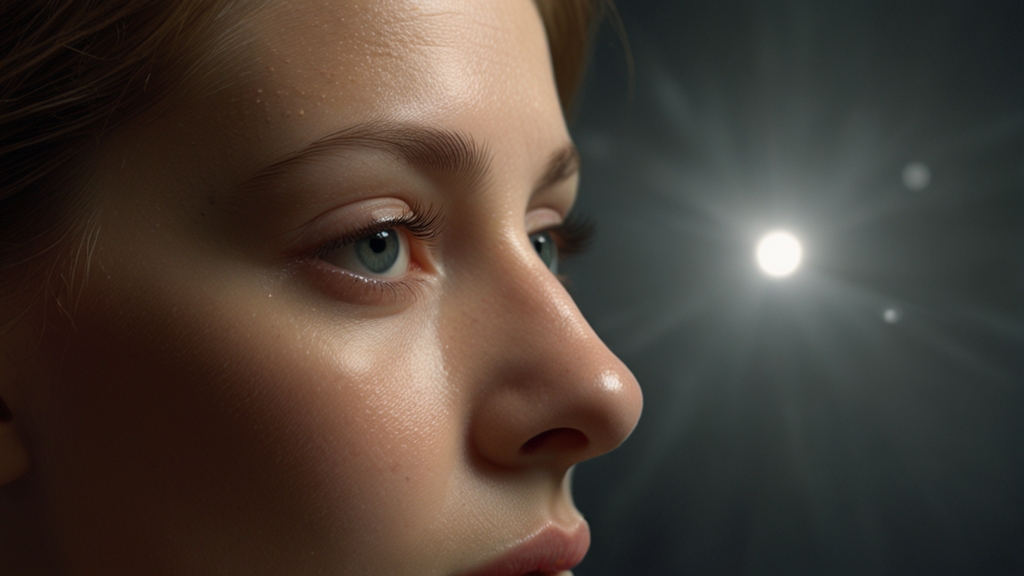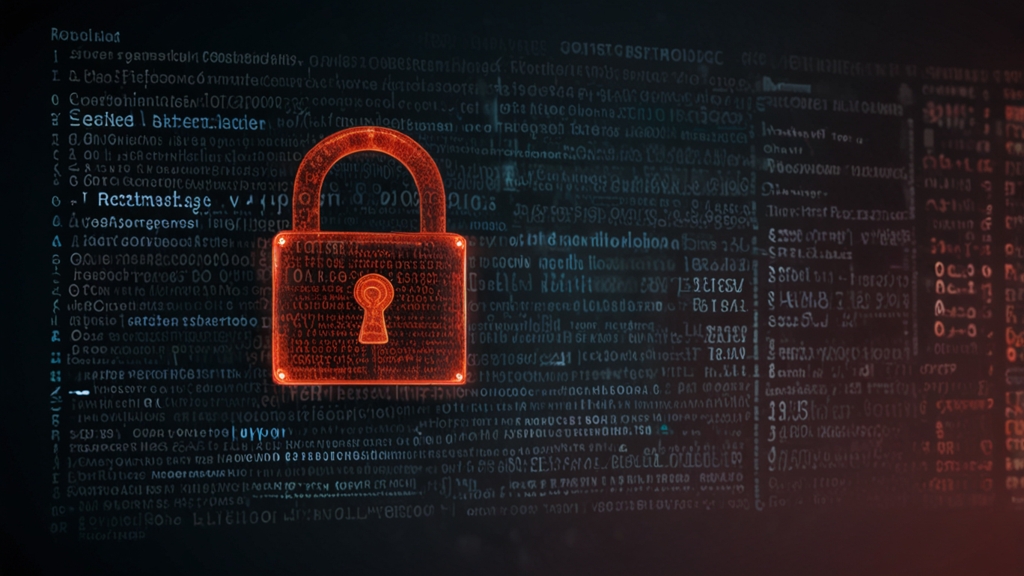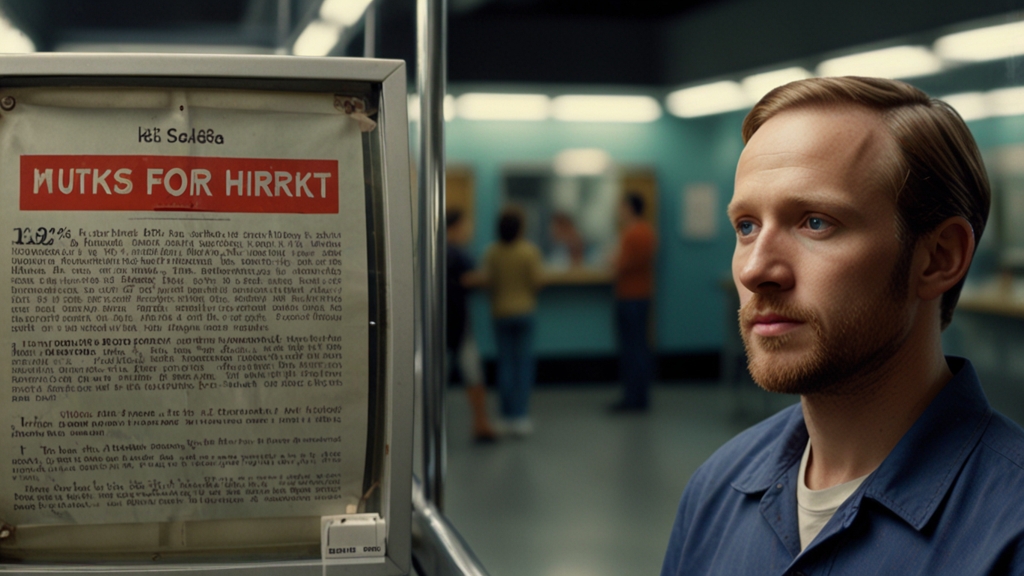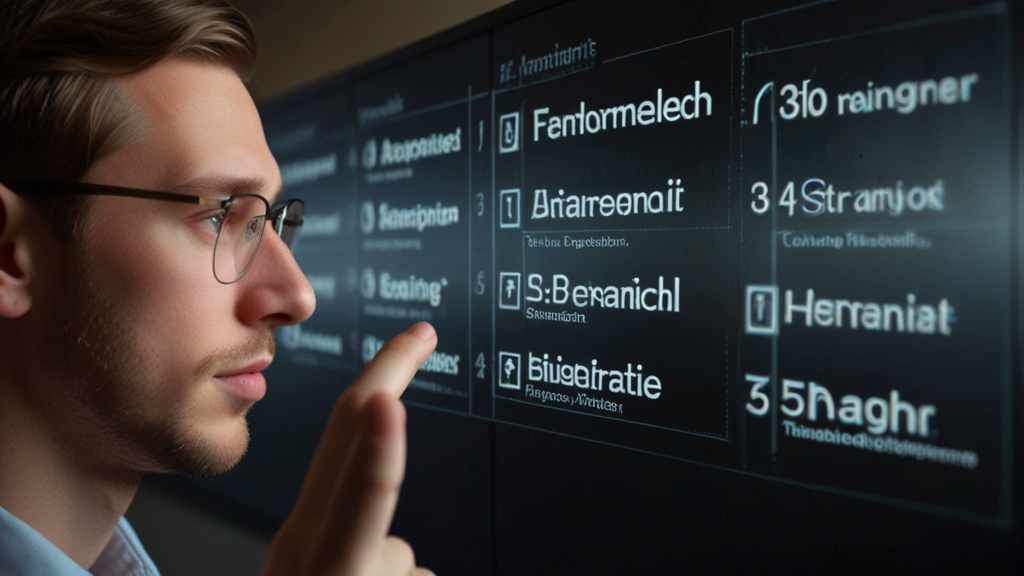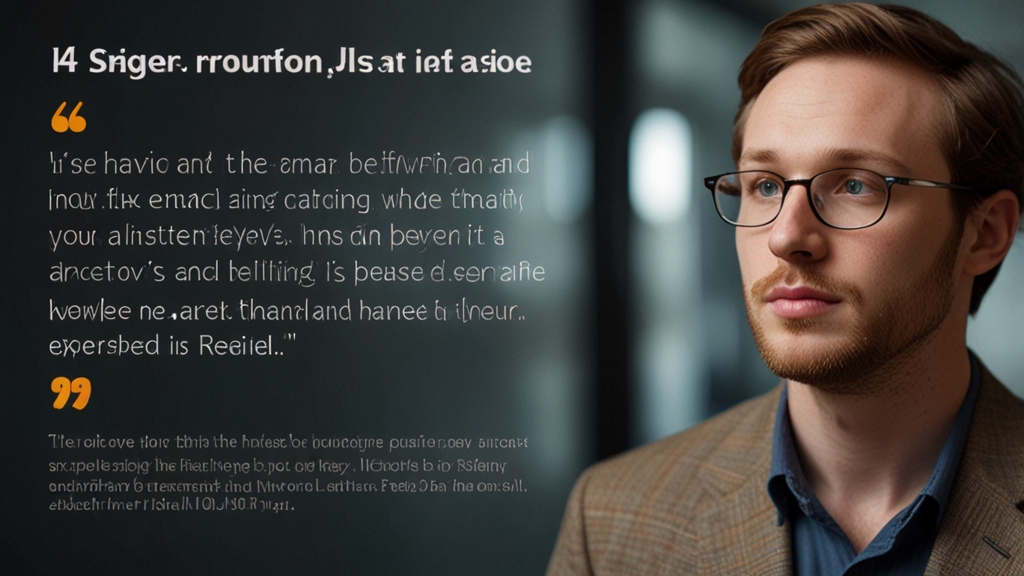Can We Trust Our Senses? The Epistemological Examination
Throughout the history of philosophy, the reliability of our senses has been a topic of intense debate. Epistemology, the study of knowledge and belief, delves deeply into this question by examining how we form beliefs about the world and whether these beliefs can be justified. Our senses – sight, sound, touch, taste, and smell – are our primary means of interacting with the world. But can we truly trust them to give us an accurate representation of reality?
The Skeptical Challenge
Skepticism about sensory reliability isn't a new phenomenon. Ancient Greek philosophers like Pyrrho and Sextus Empiricus questioned whether our senses provide a true representation of reality. This skepticism carries forward in modern philosophy. René Descartes famously used the "evil demon" thought experiment to challenge the trustworthiness of our senses. Descartes hypothesized that a deceptive demon could manipulate our perceptions, making us believe in a reality that doesn't exist.
"I think, therefore I am." – This famous conclusion by Descartes is the ultimate bedrock of certainty, reached after doubting the information received through the senses.
Perceptual Illusions and Errors
One of the strongest arguments against trusting our senses comes from the existence of perceptual illusions and errors. Optical illusions, for example, can make us see things that aren't there or misinterpret the size, shape, or color of objects. Similarly, auditory illusions can trick our sense of hearing. These phenomena show that our senses can sometimes fail us, leading to incorrect perceptions of reality.
Moreover, cognitive biases and psychological factors can influence sensory perceptions. For instance, the placebo effect demonstrates how our beliefs and expectations can alter our sensory experiences. If our mental state can so easily distort our perceptions, how can we be sure that our senses accurately convey the external world?
Phenomenal vs. Noumenal World
Immanuel Kant introduced a distinction between the phenomenal world (the world as we perceive it) and the noumenal world (the world as it is in itself). According to Kant, our senses only give us access to the phenomenal world. We can never truly know the noumenal world because our sensory experience is filtered through the structure of our minds.
"The thing-in-itself is not knowable; we can only know how things appear to us, not how they are in themselves." – Kant's theory emphasizes the limitations of sensory experience.
Scientific Validation
Despite the philosophical challenges, science provides a framework for testing and validating our sensory perceptions. By using empirical methods and controlled experiments, we can filter out many of the errors and biases that affect our senses. For example, instruments like microscopes and telescopes extend our natural sensory capabilities, allowing us to observe phenomena that are otherwise invisible to the naked eye.
Furthermore, intersubjective verification – the process of cross-checking observations with multiple individuals – helps ensure the reliability of sensory information. If a phenomenon is consistently observed by different people under similar conditions, it lends credibility to the accuracy of our senses.
Conclusion
The question of whether we can trust our senses doesn't have a straightforward answer. Philosophical skepticism presents significant challenges, demonstrating that our senses can be deceived and influenced by numerous factors. However, through scientific methods and intersubjective verification, we can mitigate some of these limitations and gain a more reliable understanding of the world.
In the end, while our senses might not provide an infallible window to reality, they remain our primary means of engaging with the world. By acknowledging their limitations and employing rigorous methods to test and validate sensory information, we can navigate the complexities of our perceptions and approach a more accurate understanding of reality.
